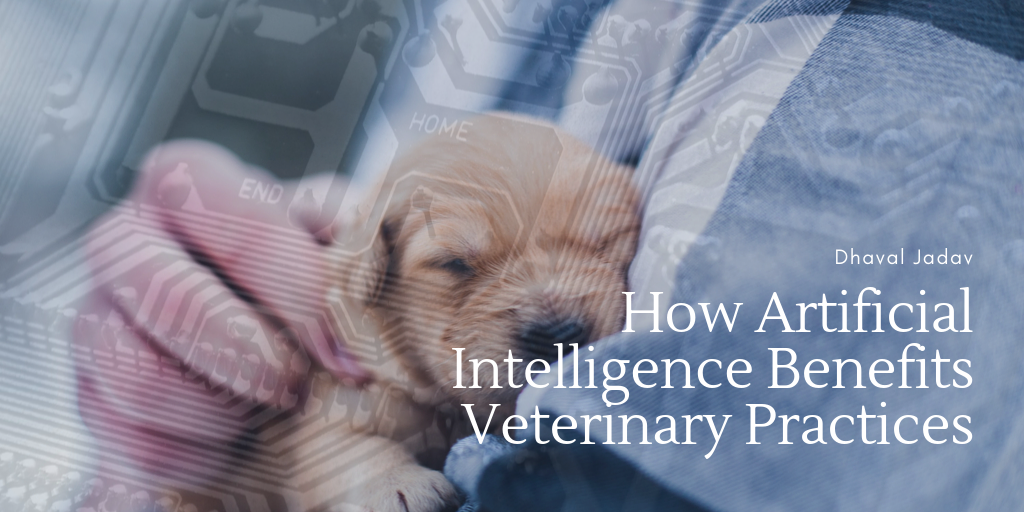Artificial intelligence has shown impressive versatility in numerous fields and industries. From highly technical to hands-on industries, AI can improve efficiency, effectiveness, and organization. For a complex field such as animal healthcare, AI is particularly beneficial. Here are some ways that artificial intelligence is being used in veterinary care.
Diagnostics
Unlike humans, animals can’t tell their doctors what pain they’re feeling, or how much it hurts. This makes for some tricky diagnostic testing, with the potential for human error. However, AI has vastly improved the ability of vets to diagnose animals, from the meek mouse to the hulking horse. Using blood, stool, or saliva samples, AI can analyze dozens of different test results and compare them against thousands of known and lesser-known conditions. From there, AI determines the most likely cause of any specific set of symptoms. Today, AI can even read animal X-rays to determine potential ailments.
Treatment
Advancements in AI can help veterinarians stay on top of the latest treatment protocols without investing dozens of hours in reading the latest journals, studies or findings. At clinics across the country, vets must treat a variety of issues, ones that specialists would perform for humans. Because of the vast amount of conditions and species that vets handle on a day-to-day basis, it’s common for them to turn to books and peer-reviewed journals. Not only does AI cut out the middle-man, saving time and money, but it also offers an unbiased and up-to-date look at treatment plans for any family’s furry friends.
Efficiency
One of the biggest challenges of any type of medical practice is balancing medical needs with administrative needs and prioritizing urgent care needs over non-urgent care needs. Prioritizing urgent care needs is clearly important, but it can also cost practices their clients if it happens too often or if too many emergencies show up at once. AI-powered scheduling systems, however, can help. For example, if a pet owner calls in needing an urgent appointment and there are no slots available, an AI-powered scheduling system can immediately notify all non-urgent care appointments to see if any can reschedule. In that way, the urgent needs get met with no one left stewing in the waiting room. This takes the pressure off of clinic employees, allowing them to dedicate less time to administrative duties and more time to animals in need.

